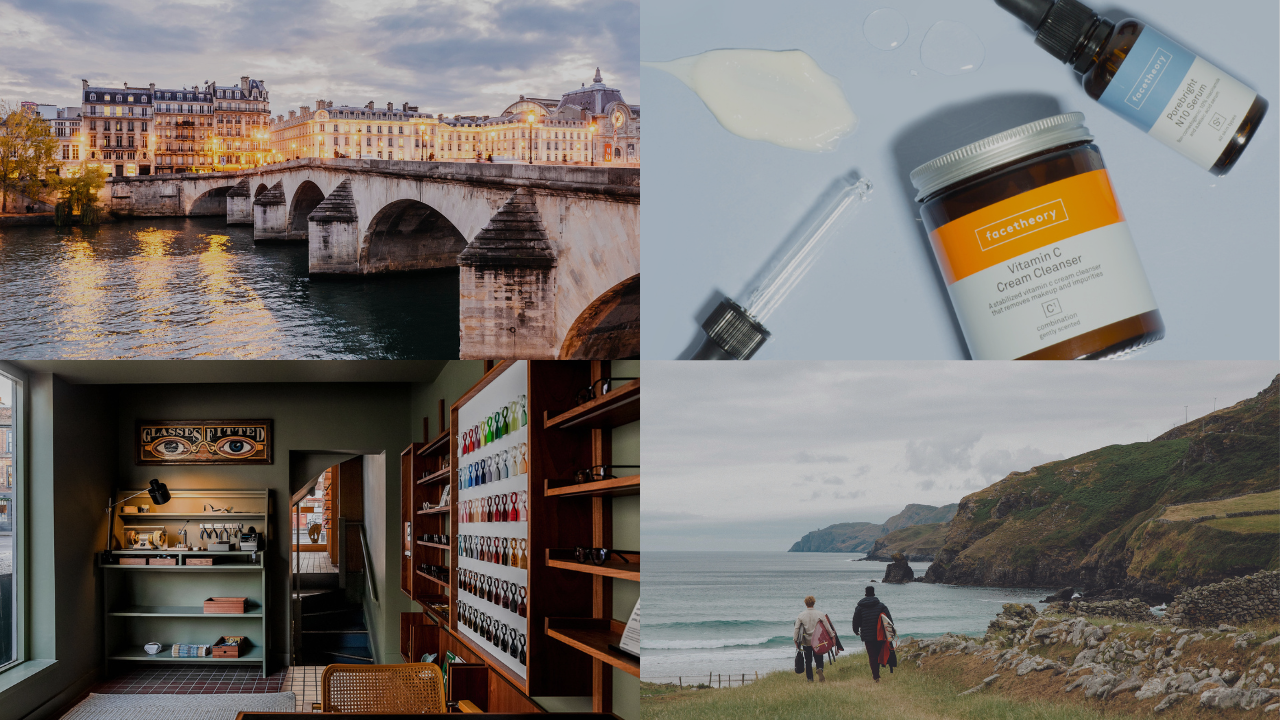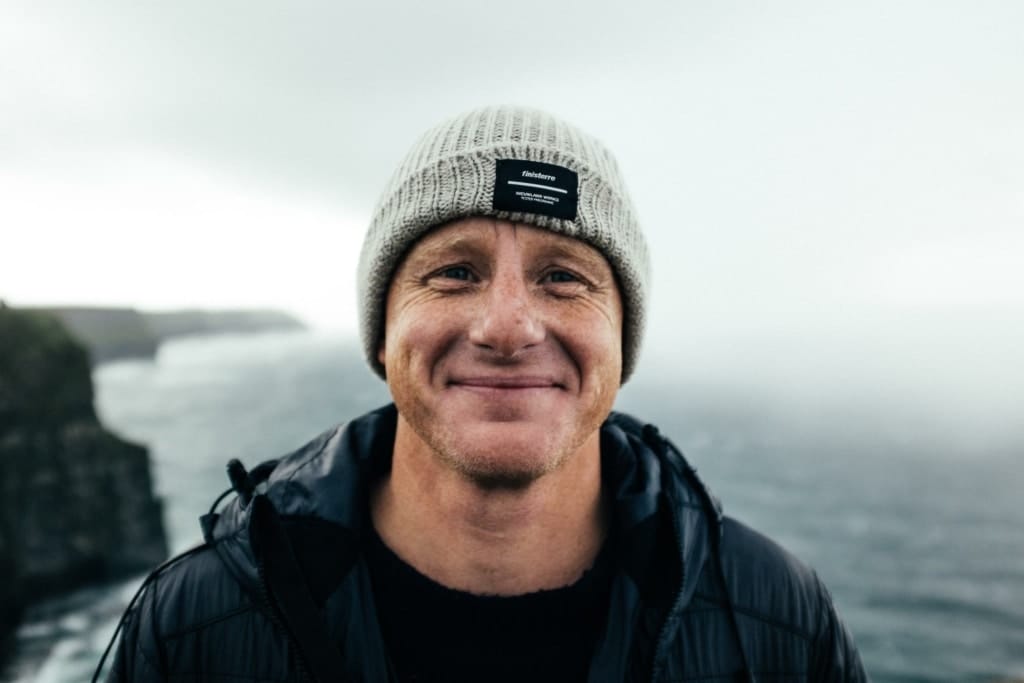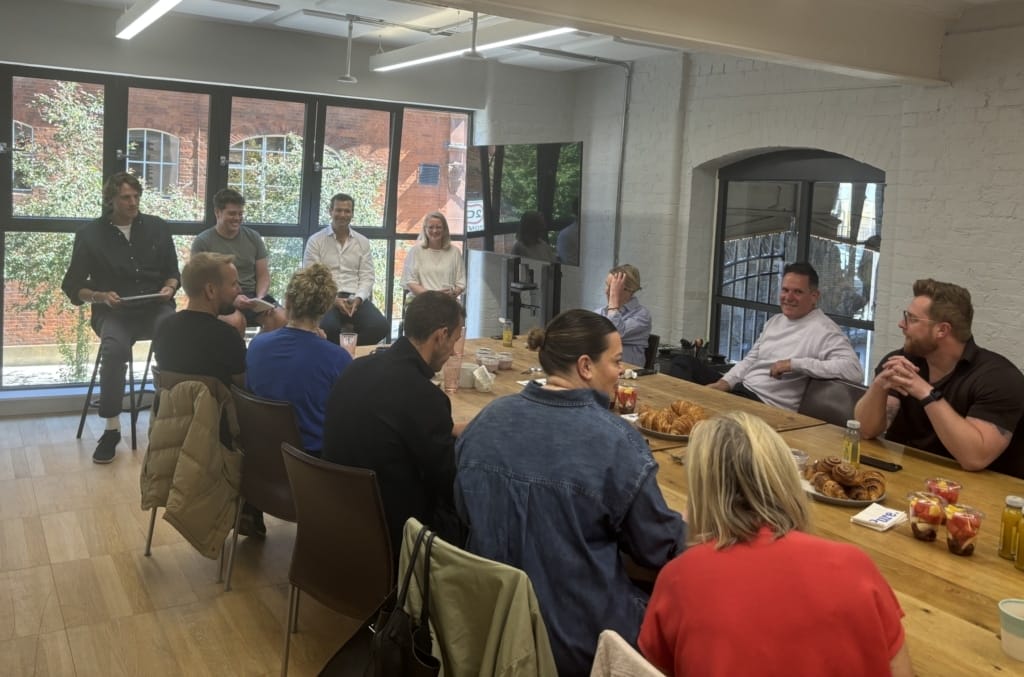The urgent need for us to come together to affect environmental and social change has never been more essential.
As businesses increasingly look for ways to become more inclusive and sustainable while ensuring their efforts are authentic, the B Corp movement has been gaining in popularity as a helpful tool to demonstrate a wider commitment to people and the environment.
B Corp is a certification of business as a force for good and a widely recognised gold standard. By becoming B Corp, companies show greater responsibility to the environment and society, holding themselves accountable to higher standards and committing to use business to drive positive change in the world.
The number of B Corps has grown exponentially in recent years, increasing 315% since 2015. There are currently 6,500+ certified B Corps around the world employing over half a million people, with the UK leading the way as the fastest-growing B Corp community. The UK has over 1,200 certified B Corps, representing $21.3 billion in combined revenue. If this growth rate continues, there will be over 17,000 B Corps in the world by 2025.
We’re proud to have four B Corp companies in the Active portfolio – Context Travel, Finisterre, Facetheory and recently certified Cubitts. Each company is committed to using the power of business to create global change.
To celebrate B Corp month, we caught up with Adele Gingell, Head of Positive Impact at Finisterre, Aashima Ratti, President at Context Travel and Jamie Shuker, CEO at Facetheory to learn more about their experiences of becoming B Corp and what they think the future of the movement could look like. Read on for some of the key takeaways.
Lean into the B Corp community and your whole team to help
Once a company decides to pursue the B Corp certification, the process is incredibly rigorous. Companies take a critical lens to every part of the business and must score at least 80 points out of a possible 200 on the B Impact Assessment. This assesses a company’s current performance on the metrics and standards established by the certification and looks across five key areas: governance, employees, community, environment and customers.
UK companies must also rewrite their articles of association to include a commitment to prioritising their responsibility to the environment and society. Thus, they are legally bound to consider the impacts of their decisions on the welfare of people and the planet. What’s more, companies need to recertify every three years, requiring them to improve on their previous score and ensuring they are always held to account. The criteria companies need to meet are also updated regularly.
According to our portfolio companies, calling on your wider team as well as other B Corps in the community, is central to demystifying the process. Adele Gingell, Head of Positive Impact and the Finisterre Foundation suggests getting in touch with other B Corps:
“Don’t do it alone, speak to existing B Corps in the community because everyone has been there and 95% of people will be happy to share ideas and insights. It can be overwhelming so take it in chunks, call upon your whole team for input and use it to reflect on every aspect of the business.”
Adele spearheaded Finisterre’s B Corp recertification in 2021 and leads the company’s sustainability initiatives. As the first outdoor brand in the UK to become B Corp in 2018, Finisterre exists to inspire a love of the sea and is built on three pillars of commitment – to product, environment and people.
Jamie Shuker, Founder & CEO at Facetheory, a clean skincare brand which certified B Corp in 2022, highlights the importance of appointing one person to steer the ship in the right direction and coordinate input from across the organisation.
“The most important thing we found was to have a project manager for the certification with the headspace to execute it. Answering the questionnaire tends to require lots of cross-functional input and it’s integral to have someone who is managing the whole process from start to finish.”
B Corps aren’t operating in silo and the strength of the community is often cited as a key part of becoming B Corp. You are part of a global movement of mission-driven businesses making a positive mark on the world. As Catherine Draper, Community Manager at B Lab UK, the organisation behind the B Corp certification, puts it, “It’s a community, it’s a global movement; No B Corps work in a silo, so the impact is collaborative.”
B Corp provides a fresh lens to drive change across every part of the business
For Context Travel, a travel company curating cultural experiences which has been a B Corp since 2012, it was an opportunity to get under the skin of every part of their business, helping to identify where they were and how they can improve their positive impact on people, communities and the planet.
Aashima Ratti, President at Context Travel talks about the benefit of B Corp as a critical lens:
“Obtaining a B Corp status is absolutely worth it. It is a long and detailed process requiring input from many teams across the company but is a great chance to step back and evaluate processes and decisions through a new lens.”
She goes on to highlight how being a B Corp has helped Context attract top talent as employees look to work for companies that are aligned with their values: “B Corp has been one of our greatest assets in bringing in new talent who are mission-aligned and empathetic. It is the most commonly cited reason why candidates want to work for Context.”
Similarly at Finisterre, B Corp is central to how the business makes decisions and tracks its progress. “The B Corp assessment is an integral part of how we operate as a business. It gives us a framework for where we are doing well, what our key areas of focus are and where we can have the most material impact as a business.” Adele says.
It also provides individual teams with a framework through which they can hold the business, and their functions within it, to account:
“At Finisterre, every team knows where they can have an impact and it’s a cross-company responsibility to drive forward progress and continually improve. In fact, our employees act as a critical lens, holding the mirror up to the company and asking the question whether we should be doing something before we make the decision to do it.”
Since becoming B Corp, Facetheory has also embedded the framework into all business decisions, from picking suppliers to developing products. “Becoming B Corp means we now embed the framework into all our decision making, from asking ourselves questions about supplier ethics at the start of conversations to our development of products,” says Jamie.
The growing influence of B Corp
There is optimism amongst our portfolio that one day B Corp could be an expectation from consumers. “As consumers become more conscious of ethical brands and sustainability, we believe B Corp will emerge as one of the leading certifications that helps customers navigate who they want to give their business to,” says Aashima.
Jamie believes that B Corp will become required to the point that not being certified could raise questions:
“I think B-Corp will become a basic benchmark of a “well-run” business. Perhaps a bit like not having an SSL certificate at your checkout – it might transpire that the absence of one raises more questions in a customers’ mind.”
B Corp’s influence is also being used to drive forward innovative initiatives like the Better Business Act, a business-led campaign partitioning parliament to change the law to ensure every business balances the needs of people, profit and planet.
Adele is hopeful B Corp will continue to drive the business industry forward, harnessing its power to help address some of society’s greatest challenges: “I hope that B Corp will become the norm and something consumers expect from businesses. The power is in the collective. B Corp is already driving change in business and its influence will only increase as more and more businesses join the movement.”
As it grows in popularity, how can B Corps continue to stand out? For Adele:
“It’s what you do beyond becoming certified that will really set you apart. We see ourselves as our own competition. How you use B Corp to really go beyond and drive progress within your business in the most material way is how you’ll stand out in the eyes of your consumer.”



